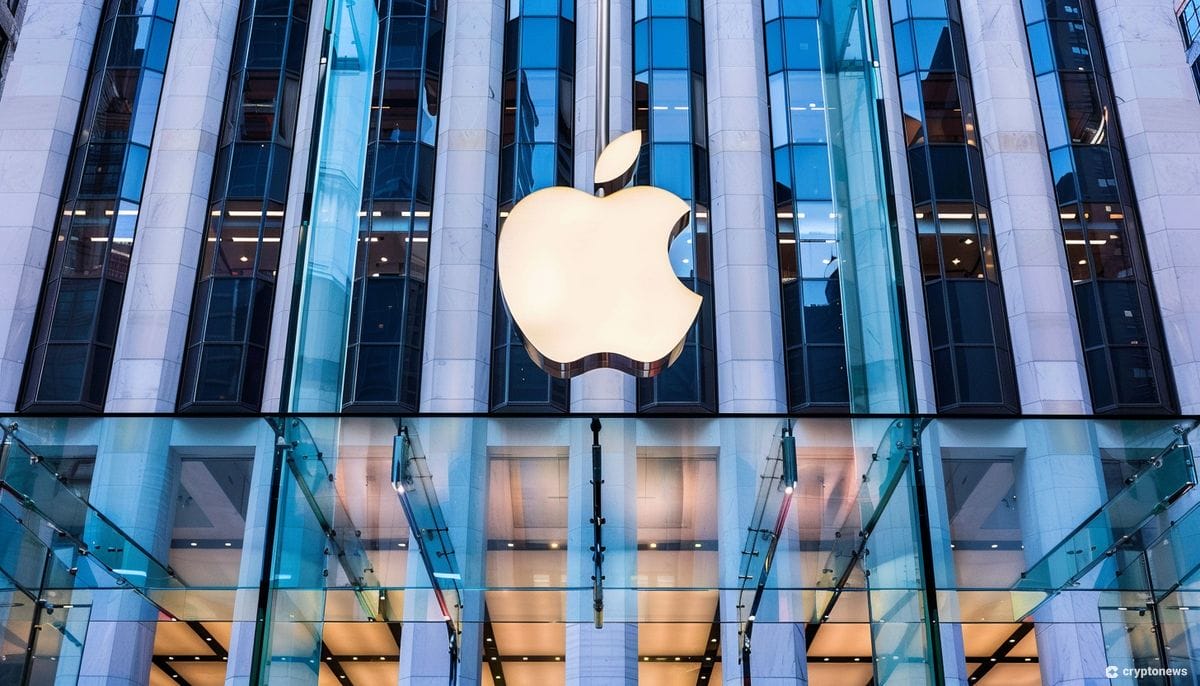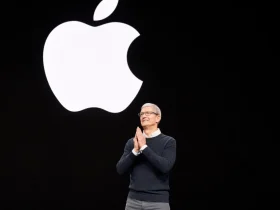The U.S. Department of Justice (DoJ) has launched a significant antitrust lawsuit against Apple, representing a notable moment for the tech giant, which has previously avoided major antitrust scrutiny.
The lawsuit alleges that Apple maintains a monopoly that stifles competition and innovation, particularly by creating barriers for users and developers to transition away from its ecosystem.
This includes claims of Apple mandating developers to use its payment system and imposing restrictions on access to its App Store, services, and products.
The DoJ’s complaint underscores concerns regarding Apple leveraging its market dominance to generate service revenue while excluding competitors, a practice that has gained prominence amidst challenges faced by Apple’s hardware sales.

The lawsuit also delves into broader issues of financialization, with the DoJ highlighting Apple’s tendency to prioritize share buybacks for boosting stock prices over investments in innovation.
This reflects growing apprehensions surrounding a financialised economy, where corporate strategies prioritize financial engineering over product development and innovation.
The appointment of Mike Konczal, a recognized expert on financialization, to the National Economic Council further emphasizes the administration’s focus on addressing these concerns.
The case against Apple may signal a shift in how the intersection of tech enthusiasm and financialization is perceived within the framework of market dynamics and antitrust considerations.

Investors and market analysts are closely monitoring the case, with some viewing it as a potential precursor to a broader market correction. The lawsuit prompts discussions about the sustainability of Big Tech’s dominance and its implications for innovation.
A report from Morgan Stanley suggests that the current concentration in tech stocks may undergo self-correction, indicating a possible alteration in market dynamics.
This viewpoint is echoed by those who argue that the tech market has historically rectified itself without necessitating antitrust interventions. However, the DoJ’s action against Apple indicates a belief that regulatory measures are essential to uphold competitive markets.







Leave a Reply